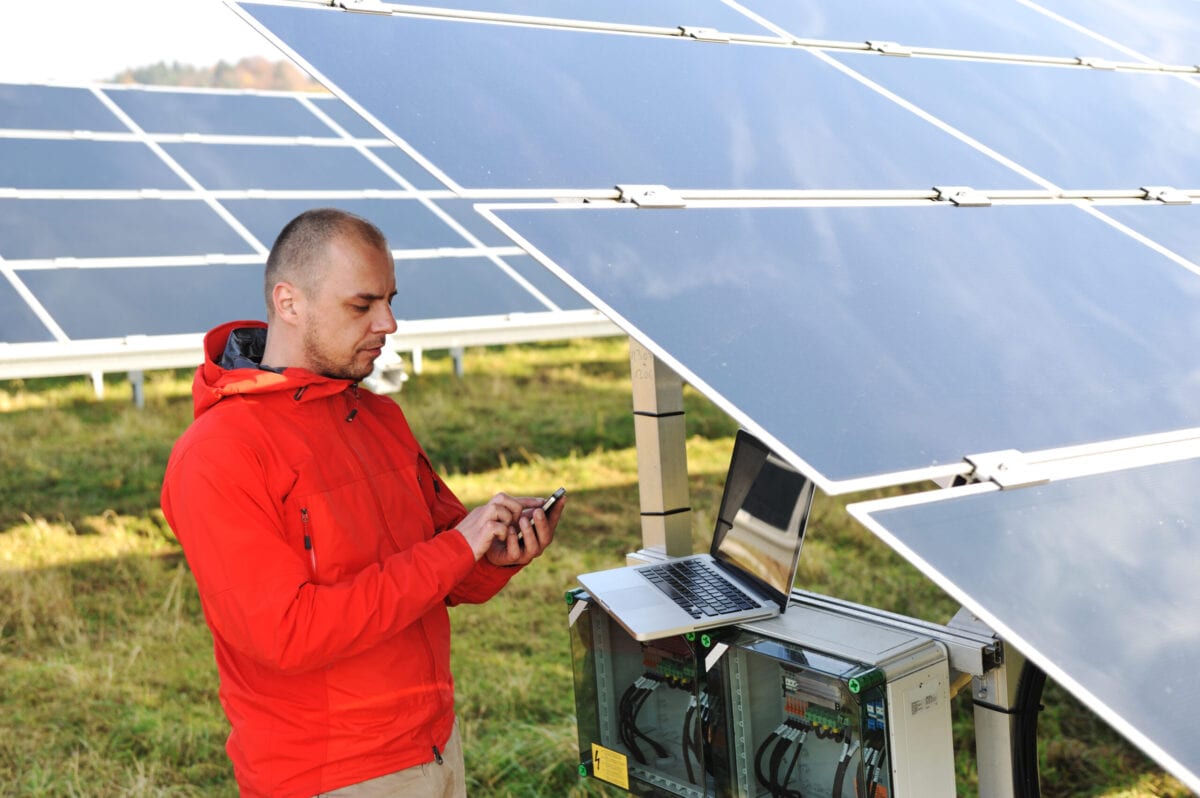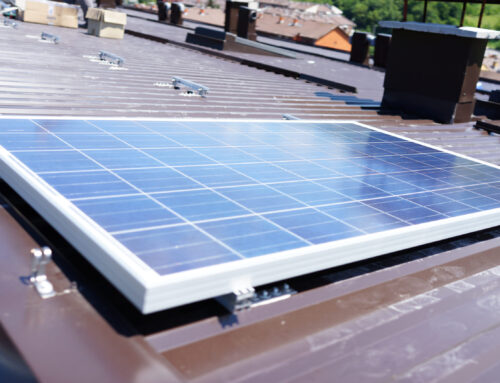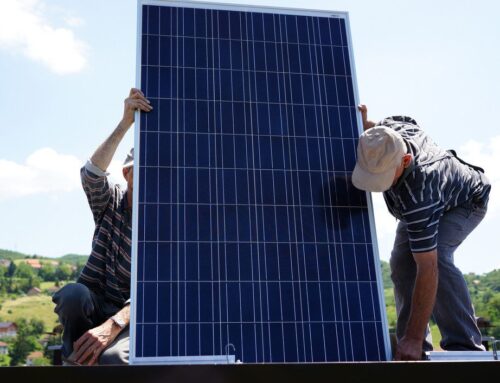Solar energy likely shouldn’t be very controversial. It’s another energy source, not necessarily meant to supplant other sources, but to complement them. Additionally, solar energy can be used more efficiently, in some cases, than other forms of energy. After all, solar energy can provide power 24 hours a day and seven days a week, something that can be said about many alternatives. People can potentially save money, while at the same time being more environmentally friendly when they give solar energy a chance. With that being said, some are against solar energy, and much of this has to do with the many misconceptions surrounding this energy source.
With that being said, let’s look into some of the most common misconceptions surrounding solar energy, and what you need to know about this alternative form of energy.
1. Solar Energy Won’t Work When It’s Raining
Because solar energy is associated with sunlight, many believe that it’s only effective when the sun is shining. Therefore, on rainy or cloudy days, you would be left without energy. This isn’t true at all. In fact, solar energy can be relied upon in virtually any condition. This is because, regardless of the weather outside, sunlight still reaches the Earth, and it can still be converted into solar energy.
2. Solar Energy is Too Expensive
A common misconception is that solar energy is too expensive for the average person. Residential solar systems can cost anywhere from $15,000 to $35,000, though you can finance it over time. Additionally, many states currently offer tax incentives for those interested in solar energy. Solar panels do not cost much to maintain either. In the long term, solar can be quite cost-efficient.
3. They’re Not Available for Renters
Solar energy can still be made available to renters. You don’t have to own your home to enjoy this option. Community solar programs, for example, allow people in apartment buildings to benefit from a single solar array, shared between multiple people. A shared system also allows people to split the costs.
4. I Can Wait
While you don’t have to invest in solar energy right now, you would be wise to move sooner rather than later. This is because the tax incentives for solar energy do have expiration dates. Get the best deals now, rather than waiting.
Solar energy doesn’t just benefit the world — it also benefits you, personally!


 Solar Company
Solar Company 



